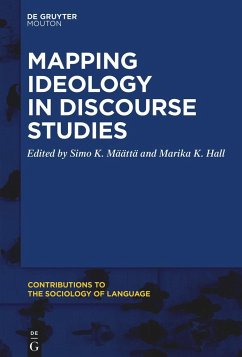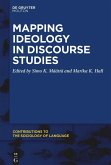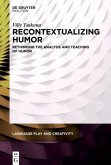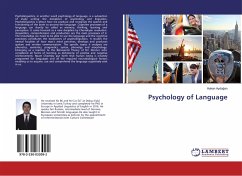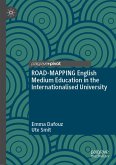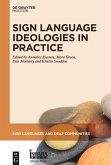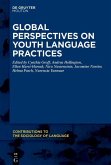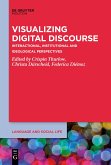Discourse and ideology are quintessential, albeit contested concepts in many functionally oriented branches of linguistics, such as linguistic anthropology, critical discourse studies, sociolinguistics, and sociology of language. With many ways of understanding and utilizing the concepts, the line between discourse and ideology can become blurry. This volume explores divergent ways in which the concept of ideology may be applied in different branches of sociolinguistics and the sociology of language, critical discourse studies, and applied linguistics. The goal is to provide an overview of the ways in which these two concepts can be used separately or together, emphasizing one or the other depending on the ways in which the concepts and their relationship are defined. The volume is targeted at scholars working in various fields of linguistics in which discourse and ideology are used as theoretical and analytical tools. While the target audience includes both senior and juniorscholars, a particular goal is to reach junior scholars, who often struggle with the distinction between discourse and ideology and their theoretical and methodological potential. The volume is suitable for classroom use at the graduate level.
Hinweis: Dieser Artikel kann nur an eine deutsche Lieferadresse ausgeliefert werden.
Hinweis: Dieser Artikel kann nur an eine deutsche Lieferadresse ausgeliefert werden.

